Graham Reid | | 7 min read
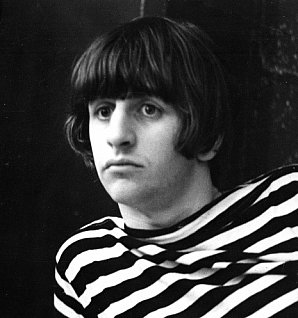
The subtitle of this remarkable, penetratingly insightful and revisionist biography – The Drummer in the Beatles, The Woman in the Drummer – posits a bombshell theory.
That during his Beatle years Ringo Starr, now Sir Richard Starkey, grappled with his sexuality and was drawn so much to his feminine side that he actually wanted to be recognised as a woman.
The author, who holds the Caitlyn Jenner Chair of Psycho-Socio-Sexual Gender Studies at the Independent University of High Learning in San Francisco, has researched Starr's life, the lyrics of over 350 Beatles songs written between '62 and '70, and also makes considerable reference to little-read academic papers in transgender studies.
Jorgensen – formerly Christina Jorgensdotter who has written about GLBT, B'L'T&O groups – – presents compelling if often incomprehensibly theoretical evidence to make his case.
The signs of Starr's gender concerns appear early in the Beatles' catalogue, writes Jorgensen, with John Lennon – “himself very openly gay and a highly practicing homosexual at times” – especially sympathetic.
In the '63 song This Boy, “Lennon establishes the classic gender divide-cum-sexual conundrum,” says Jorgensen, “which many gender-fluid males experience; the idea of 'this boy' and 'that boy', one of which will 'make you happy' and the other who will inflict pain and 'isn't good for you'. Of course both of these boys are trapped within the same body.”
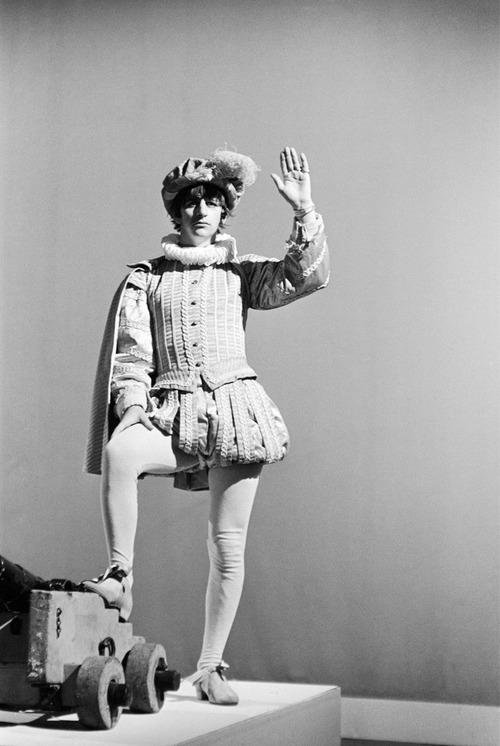 This was an especially troubling period for Starr who was now coming out, as it were, in the most famous and heterosexual pop group in the world, one he had only just joined.
This was an especially troubling period for Starr who was now coming out, as it were, in the most famous and heterosexual pop group in the world, one he had only just joined.
Jorgensen notes that in a series of famous interviews with each of the Beatles in '64, Lennon, McCartney and Harrison spoke of how temporary their fame might be but they would continue to write songs.
Starr however said, "I've always fancied having a ladies' hair dressing salon, a string [of them] in fact".
"We must remember the social strictures and milieu of that era," writes Jorgensen.
"At that period in British culture male owners of women's salons were often effiminate, very camp men and very often flamboyantly homosexual. This world between gender is where Starr envisions himself, defined by society as a man but not himself masculine, and that gender-defined male more comfortable in the company of women.
"Here was someone almost paralysed by the fame he had suddenly encountered and was already looking for a way out and into a safer, more nurtuing and feminine socio-sexual environment."
Lennon and McCartney were not unaware of his fears and so wrote I Wanna Be Your Man for him in which he sings that title line 13 times “as a cry of desperation to be included in the group and for him to be loved like no other, that Other doubtless their former drummer Pete Best whose very surname would haunt Starr for years”.
Subsequent songs like What Goes On (on the Rubber Soul album, its title alluding to the flexibility of the soul or subconscious) further speak of his emotional turmoil and doubts about how the others in the band saw him. He sings “What goes on in your heart, what goes on in your mind . . . it's tearing me apart”.
It isn't until Sgt Pepper's when he seems to have been fully accepted by the group with the song With a Little Help From My Friends, “although Paul McCartney forced him to sing it under the pseudonym Billy Shears, the surname here an embodiment of a utensil commonly used to castrate and desex, a further humiliation for Starr”.
In passing Jorgensen notes many Beatles' songs – You Can't Do That, I'm A Loser (“and I'm not what I appear to be”), I Don't Want to Spoil the Party, You've Got To Hide Your Love Away (originally entitled You've Got to Hide Your Life Away , the "two foot small" line a clear reference to Starr's diminutive stature), Think For Yourself among many others – which allude to Starr's troubled inner life.
He also notes how many times gender is confused in Beatles' songs such as Ob-La-Di-Ob-La-Da (“Desmond stays at home and does his pretty face”) as well as pointedly referring to Paul McCartney's early draft of Get Back in which the lines, scribbled out, originally read “Ringo was a man who thought he was a woman”.
Jorgensen also notes Starr's placement on the British album covers during the Sixties.
 “You cannot help but observe how he is either pushed the perimeter of the foursome on albums like Please Please Me and Help!, on the latter making the semaphore sign for V (“obviously for the vagina he so desperately craved”) and was in the lowest position on A Hard Day's Night. He was also deliberately placed to look small in the comparison with the others on Beatles for Sale, Rubber Soul, Sgt Pepper's and Abbey Road.
“You cannot help but observe how he is either pushed the perimeter of the foursome on albums like Please Please Me and Help!, on the latter making the semaphore sign for V (“obviously for the vagina he so desperately craved”) and was in the lowest position on A Hard Day's Night. He was also deliberately placed to look small in the comparison with the others on Beatles for Sale, Rubber Soul, Sgt Pepper's and Abbey Road.
“Of course the most shameful relegation of a man who was grappling with his sexuality is on With the Beatles where the three others take the top and equal position and Ringo is pushed to the bottom.
“The Beatles may have had some sympathy for their colleague but at times they were also obviously frustrated by him.”
It was noticeable, write Jorgensen, that after that initial flourish of support, Starr did not get to record another song for them until Honey Don't (“a lyric of contradiction and confusion by that well-known rockabilly homosexual Carl Perkins who also wrote about Blue Suede Shoes and other effeminate attire”). And later his cover of Act Naturally “which spoke of Starr's fears of exposure in the film Help! where he was at his most emotionally vulnerable”.
“Just look at the lyrics and you can see what Starr heard in them, 'They're gonna put me in the movies . . . a film about a man who's sad and lonely, and all I got to do is act naturally'. We cannot imagine what that poor man must have been going through at the time. Just as well he became a drug addict who got through the day by smoking marijuana.”
Jorgensen also draws attention to how Starr is portrayed in the two early Beatles films A Hard Day's Night and Help!
In the film A Hard Day's Night of '64 there is a lengthy sequence when an unhappy Starr leaves the band. “He goes off to find himself, but tellingly it is in the company of rough working class males in a public house much like the kind of men the Beatles' gay manager Brian 'Leggy' Epstein picked up and cultivated” . And at one point in “a classic if cliched gesture of masculinity he lays his coat down for a woman to walk on”.
That this incident sees the woman fall into a hole (“the symbolic vagina which Starr wishes to embrace”) means he is arrested, “a not uncommon fate for men who experimented with their sexuality in ways deemed anti-social in Britain at the time”.
The fact that the theme music to this sequence is This Boy – that gender confusion again – drives the point home.
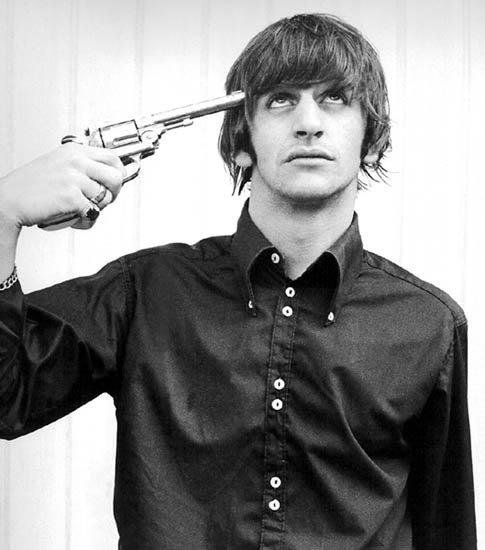 In the subsequent movie Help! of the following year the key plot device is Starr as victim and pursued by those who need to cover him in red dye (“ersatz menstrual blood”) before he is sacrificed “on the altar -- think of the homonym 'alter' -- as a virgin, which as a woman Starr would now be”.
In the subsequent movie Help! of the following year the key plot device is Starr as victim and pursued by those who need to cover him in red dye (“ersatz menstrual blood”) before he is sacrificed “on the altar -- think of the homonym 'alter' -- as a virgin, which as a woman Starr would now be”.
Alarmingly Jorgensen also reveals the depths to which Starr sank in his despair, to the point of quitting the band from time to time, and possible suicide attempts.
The first time Starr quit was in mid '64 just before the Beatles embarked on a tour of South East Asia and Australasia when he was hospitalised for possible gender reassignment. The media however was told it was to have his tonsils taken out, but Jorgensen provides ample hearsay and rumour to support his baseless contention.
(In passing he also casts doubts on the sexuality of Starr's substitute drummer, one Jimmy Nicol who disappeared from sight after the tour and is perhaps living as a woman in Bogata. Or perhaps not.)
“It is also notable that Starr is gifted the song Goodnight by Lennon on the so-called White Album with its lines, 'now it's time to say good night . . . dream sweet dreams' which is clearly a reference to another suicide or self-harm attempt by their drummer”.
Starr also quit the band during the protracted Let It Be sessions and Jorgensen notes that when he was welcomed back it was with flowers (“the traditional gift from men to women”) and not with more masculine gestures.
An apparent suicide attempt – by drowning while making the Magical Mystery Tour film – is alluded to in the Beatles' Octopus Garden (“I'd like to be under the sea. . . .”)
In another fascinating but utterly unreadable chapter in the book Jorgensen discusses The Hegemony of Masculinity in British Popular Music in the Sixties; Dusty Springfield, Lulu, Cilla Black and Other Men Forced to Perform as Women. And there is a blunt critique of male Pop Art practitioners in London in the Sixties in the lengthy chapter Pop Go These Macho, Sexist Weasels.
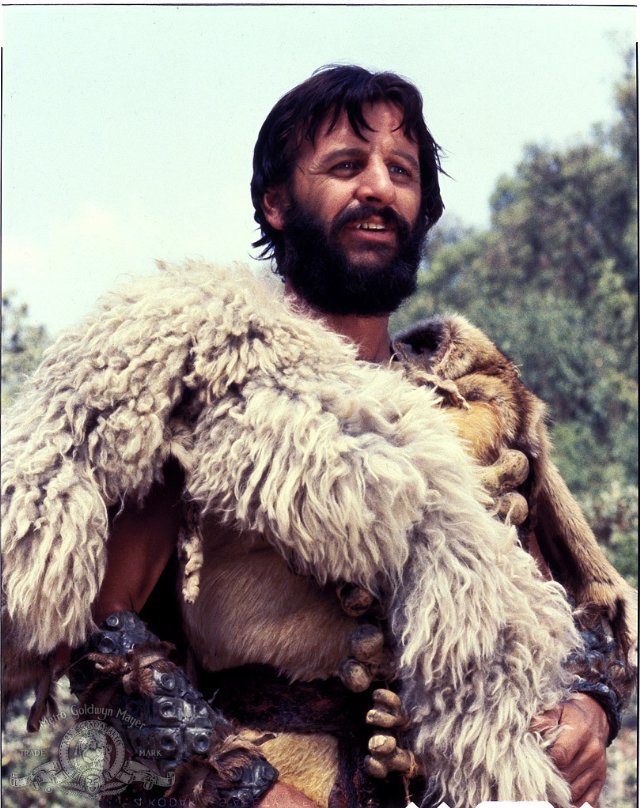 Jorgensen – who also wrote I'm Okay, You're Okay, We're All Danny Kaye; Studies in Sexual Restriction and Slapstick, and the controversial biography Robert Plant; The Man Who Was The May Queen – says that after the break-up of the Beatles, Starr managed to take more control over his sexuality.
Jorgensen – who also wrote I'm Okay, You're Okay, We're All Danny Kaye; Studies in Sexual Restriction and Slapstick, and the controversial biography Robert Plant; The Man Who Was The May Queen – says that after the break-up of the Beatles, Starr managed to take more control over his sexuality.
“And it seems that a very long period as an alcoholic, and marriage to the masculine Barbara Bach who he met while filming the prehistoric macho-comedy Caveman, Starr resolved his deep seated issues.”
“Despite the best professional help a psychiatrist and advanced therapy can offer troubled souls, there's clearly a lot to be said for drinking your way through your problems,” Jorgensen told Newsday Week magazine.
For other articles along these lines check out Absurd Elsewhere here.


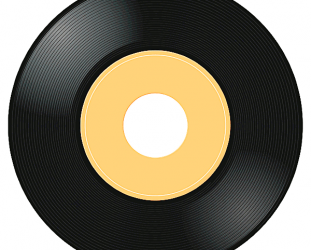
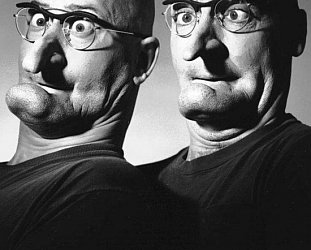
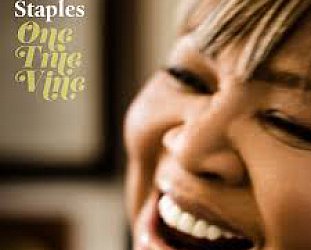
Lisa - Jun 18, 2018
Enormously relieved to get to the end of this sorry tale to have my suspicion it was satire confirmed. Life has become so ludicrous that I'm having trouble distiguishing reality from silliness. Easiest to treat everthing as satire these days... cheers :)
SaveLisaAndrew - Jun 18, 2018
Oh, come on. What a pile of shit Not that it would be a problem, there has never been any indication that Ringo is gay. Jesus Christ!
SaveGlimmer Twin - Jun 18, 2018
Good grief...Wasn't the hairdresser thing to do with the fact his wife at the time Maureen was a hairdresser? Didnt Lennon/McCartney give him the songs that were melodically constrained (IE basic enough for his limited vocal range to cope? Wasn't Ringo the "Grannies" favourite because there was already an Arty one, a Serious/Muso one and a Teenybopper One? Didn't he walk out during the White Album, went to Sardinia, saw some sea horses and wrote Octopus Garden? We could go on ..but please read Ian McDonald "Revolution in the Head" for the closest we will get to how/what/why the Beatles wrote the songs ..the definitive book & yes I have read Mark Lewisohn's books...insert Peace sign here...
SaveSteve M - Jun 19, 2018
Hey, Glimmer Twin (like you are one of them!),
Savetake a deep breath, this is clever satire, not a Stuff article.
Go hard, Graham, I always enjoy your little Absurd Elsewhere articles.
Terry Toner - Jul 4, 2018
Clever doesn't come in to it - I really thought that the Beatle world had lost the plot - huh !! - as if it ever would........................ ? here's to one Paul - oap really means old aged pensioner - even if it is on the white album - what a fun way to spend a beatle time !! hoooray
Savepost a comment